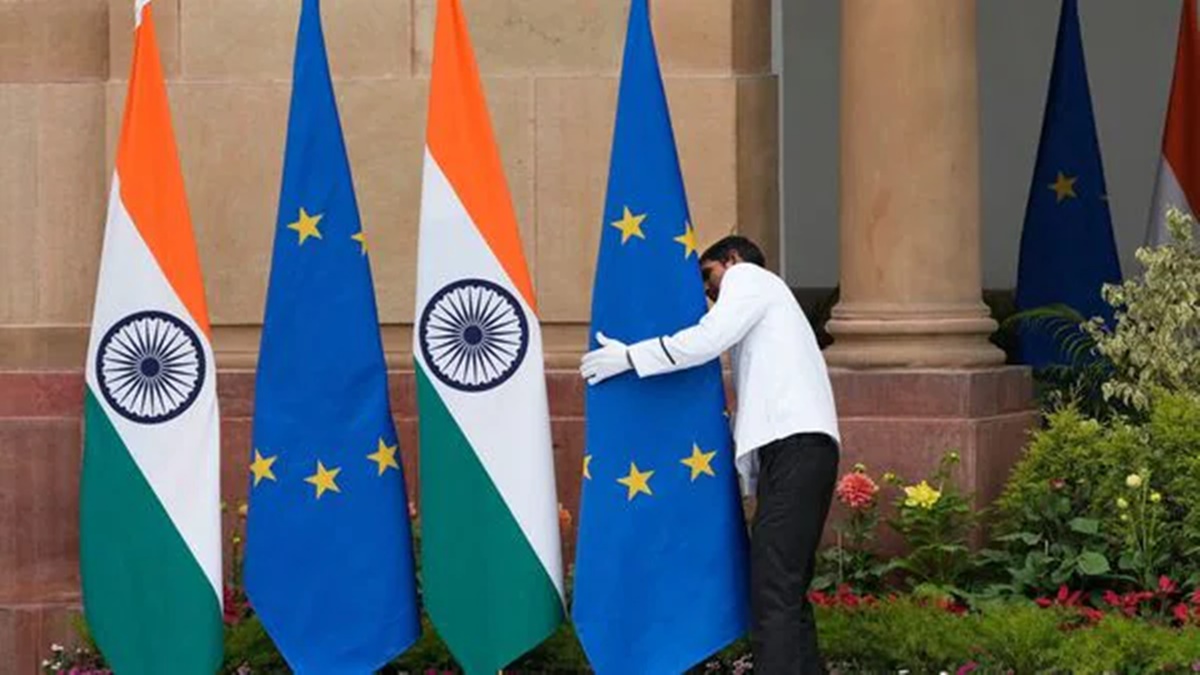India’s free trade agreement (FTA) with the European Union (EU) could be concluded before the end-of-year deadline, and there is even the possibility of an interim deal, as few issues of divergence remain, commerce and industry minister Piyush Goyal said on Sunday.“There are not too many issues where we have divergence of opinions.
We have both complementary economies. In most cases, what is of offensive interest to India does not hurt the EU economy; likewise, goods and services that Europe would like to provide to India only support our growth story,” Goyal told reporters in Paris.India and the EU had set a year-end target to conclude the FTA during their high-level talks in February. The idea of an interim agreement is also being considered in case negotiations on a comprehensive pact takes more time.
The goal remains a comprehensive FTA as India does not shy away from any subject of negotiations be it sustainability and gender, the minister said adding that infact on these two issues India bats on the front foot.
The minister, however, admitted that in any trading relationship there are certain sensitive issues on both sides which they have agreed to resolve amicably.Goyal also said that the Carbon Border Adjustment Mechanism (CBAM), EU’s deforestation regulation and Digital Product Passport are some of the concerns that India has that has been raised in the talks and similarly EU has certain concerns with respect to India on trade matters.“All issues are on the table, and we will negotiate a fair, balanced, and equitable FTA,” the minister said.
On Monday, Goyal is scheduled to meet EU trade commissioner Maros Sefcovic to review the status of the negotiations and give further momentum to the discussions. India and the EU began negotiations on the FTA in June 2022. The FTA has 23 chapters or policy areas.
The key chapters dealing with core trade issues are trade in goods and services, rules of origin, customs, technical barriers to trade, trade remedies and dispute settlements. The agreement also has to cover areas like government procurement, intellectual property, competition, merger control and subsidies, transparency and good regulatory practices and sustainable food systems which can be taken up later if both sides agree for FTA in phases.

